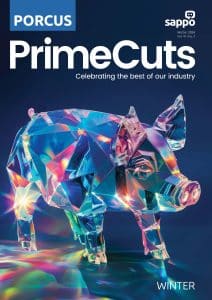Source: National Hog Farmer, 28 July 2021, photo credit: MIT News
Researchers aim to use hair samples to identify genetics that allow pigs to respond favorably to a wide range of stressful situations. Iowa State University animal science researchers are trying to find out if trimming pigs’ hair can provide insight into how they respond to stressors they encounter through life, including disease.
The researchers aim to use hair samples to identify genetics that allow pigs to respond favorably to a wide range of stressful situations, everything from being weaned from their mother, to being transported, to establishing a social order when mixed with other pigs, to combating disease. The effort could help produce pigs that lead less stressful lives and are more resilient and are, therefore, more productive. And it all starts with a quick trim.
Jack Dekkers, a distinguished professor of animal science and principal investigator of the study, said stress causes the production of the stress hormone cortisol and its counterpart, dehydroepiandrosterone (DHEA). These hormones are deposited in hair as it grows. Dekkers compares these deposits in hair to tree rings. Studying the rings of a tree stump yields clues about that tree’s history. Studying the concentration of cortisol and DHEA in hair samples can help scientists piece together the level of stress an organism has experienced and how it has responded to that stress.
“These hormones are deposited into hair growth at a concentration that reflects their concentration in blood, also for humans,” Dekkers said. “So, when you cut the hair that you have grown over its lifetime in pieces, it reflects a timeline of the stressors that you’ve been under and how you responded to them.”
The research project recently received a $500,000 grant from the U.S. Department of Agriculture’s National Institute for Food and Agriculture.
Read more
The South African Pork Producers’ Organisation (SAPPO) coordinates industry interventions and collaboratively manages risks in the value chain to enable the sustainability and profitability of pork producers in South Africa.









